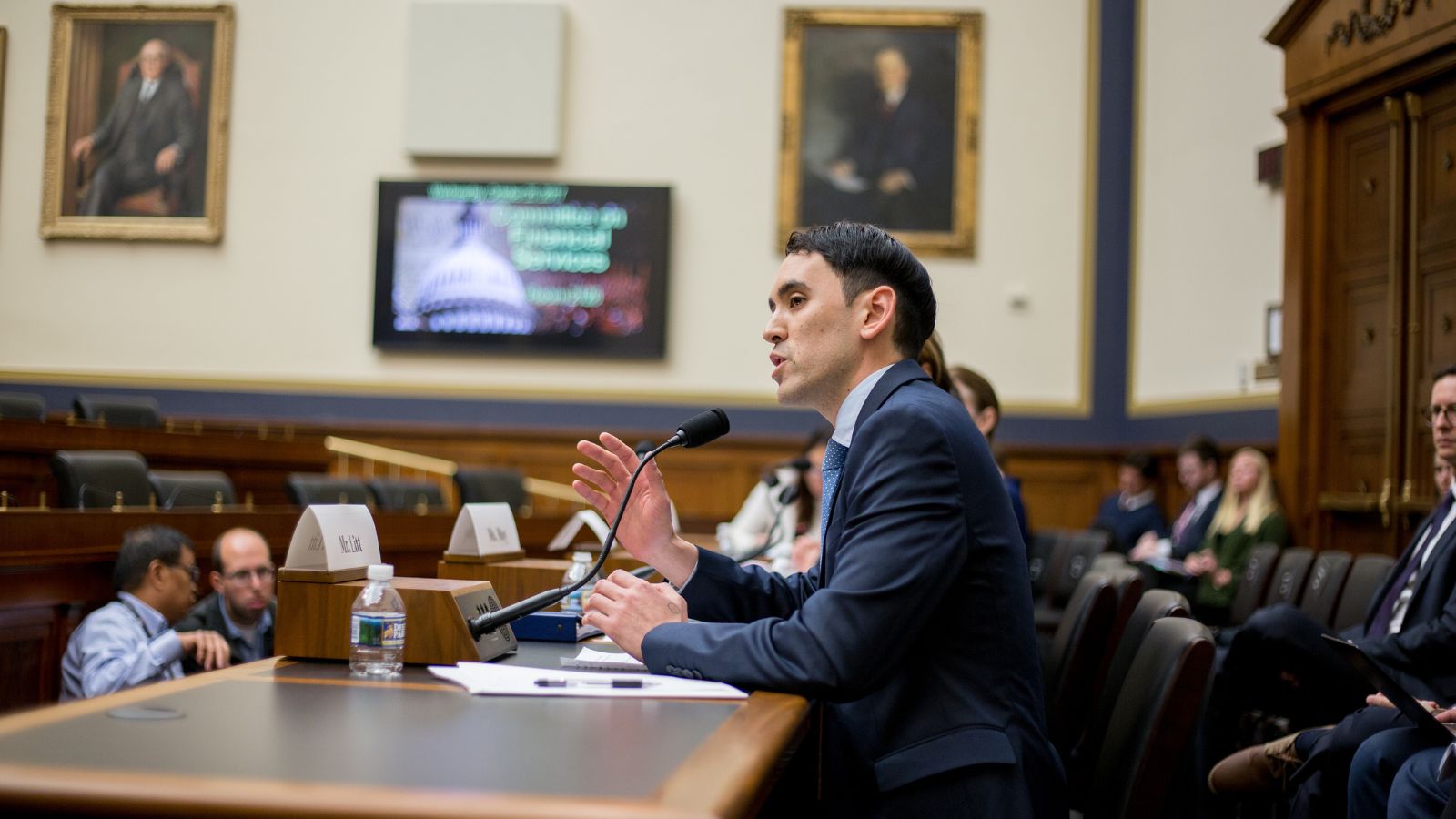
Financial Protection
To protect consumers in the financial marketplace, we're working to reform credit bureaus, stop predatory loan sharks, end unfair banking practices and more.


Team
Mierzwinski

Ed
Mierzwinski
Senior Director, Federal Consumer Program, PIRG
Find Out More

Apple AirPods are designed to die: Here’s what you should know

A look back at what our unique network accomplished in 2023

Avoiding scams, incorrect medical bills, privacy invasions and more
